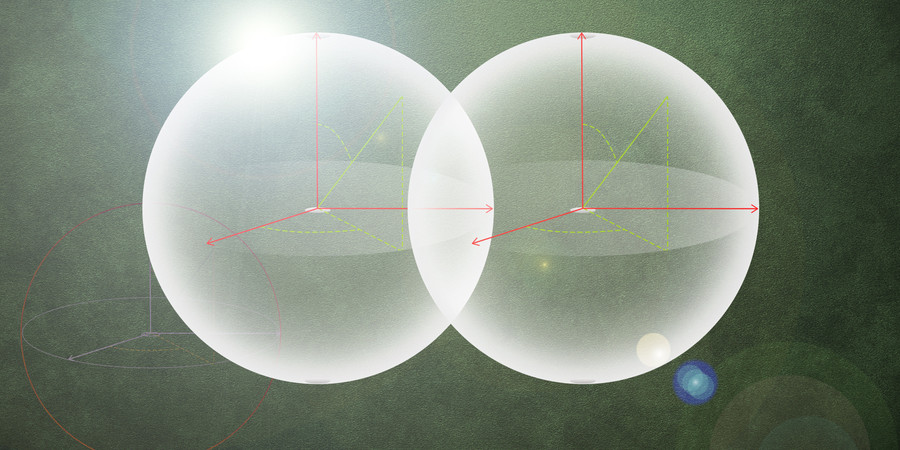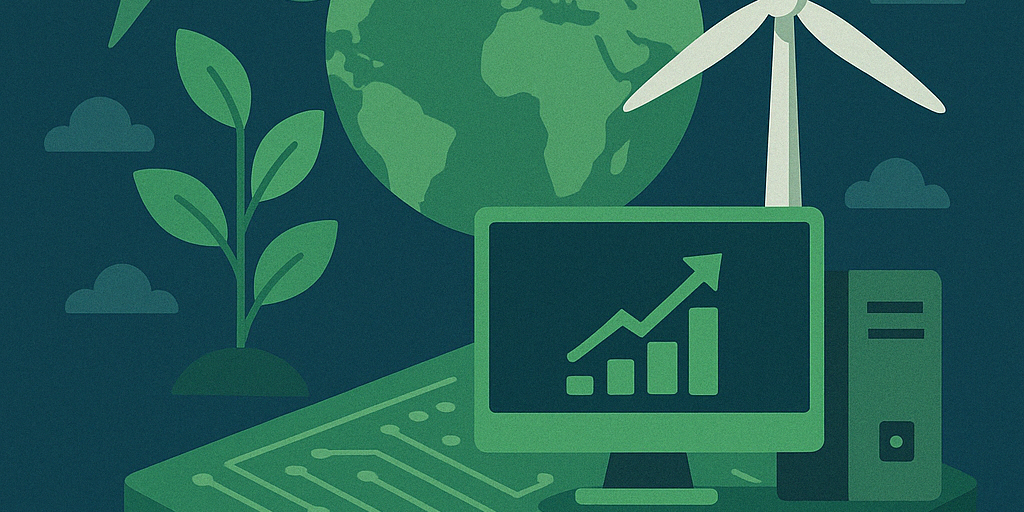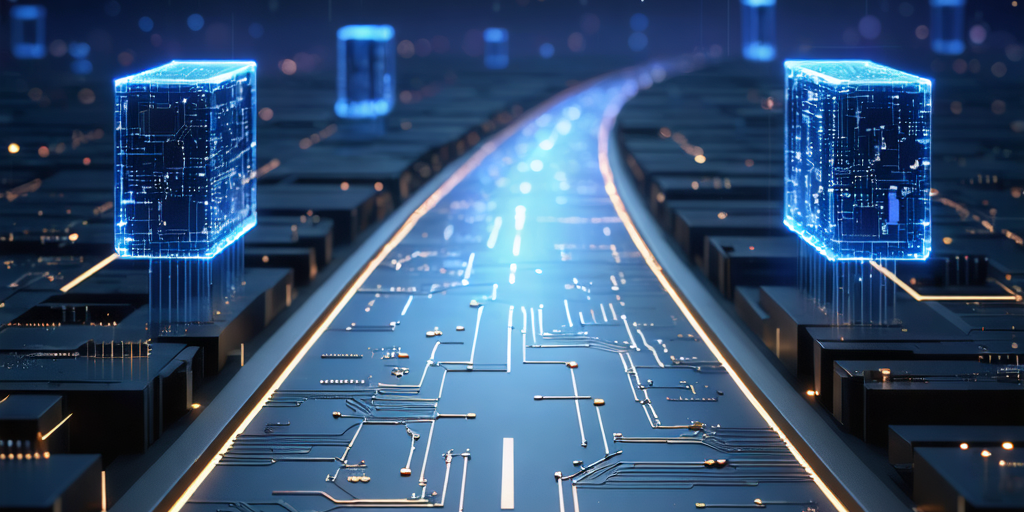March 20, 2023
The impending threat of large-scale computation to the environment often goes unnoticed in our software-orientated world. Shivam Kajale, a PhD student in the Nano-Cybernetic Biotrek research group at the MIT Media Lab, has taken up the mission to bring awareness regarding environmental impact of artificial intelligence (AI)-related computation. In line with this mission, he recently delivered a talk at the TEDx Boston’s Planetary Stewardship program, highlighting the growing threat of large-scale computation to the environment and urged our community to get into a race for developing environmentally sustainable alternatives for computing hardware.
We are all witnessing the meteoric growth of computation across the world fueled by AI and internet of things (IoT). While we are still expanding the application of AI and in awe of what all is possible with it, we are failing to see the growing threat that large scale computation poses to the environment. For example, data centers across the world, which are gigantic colonies of computer we commonly call the “cloud,” are already consuming electricity at par with major nations like South Africa and the United Kingdom. Computation is the fastest growing consumer of electricity worldwide and is estimated to account for about 30% of the electricity consumption in the world by 2030. Electricity, 60% of which is still coming from fossil fuels. Moreover, by the year 2040, computers of the world are estimated to require 1e27J of energy to keep up the current rate of growth in computation—energy that is far greater than what humanity may be able to generate by then. Yet, we cannot just abandon computation altogether. What we need are “greener chips,” i.e., computer hardware that is exceedingly energy efficient and allows us to reap the benefits of AI and IoT without harming our planet.
Complete article from MIT Media Lab News.
View the video.
Explore
MIT Engineers Advance Toward a Fault-tolerant Quantum Computer
Adam Zewe | MIT News
Researchers achieved a type of coupling between artificial atoms and photons that could enable readout and processing of quantum information in a few nanoseconds.
Energy-Efficient and Environmentally Sustainable Computing Systems Leveraging Three-Dimensional Integrated Circuits
Wednesday, May 14, 2025 | 12:00 - 1:00pm ET
Hybrid
Zoom & MIT Campus
The Road to Gate-All-Around CMOS
Monday, April 14, 2025 | 10:00 AM to 11:00 AM
In-Person
Haus Room (36-428)
50 Vassar Street Cambridge, MA




